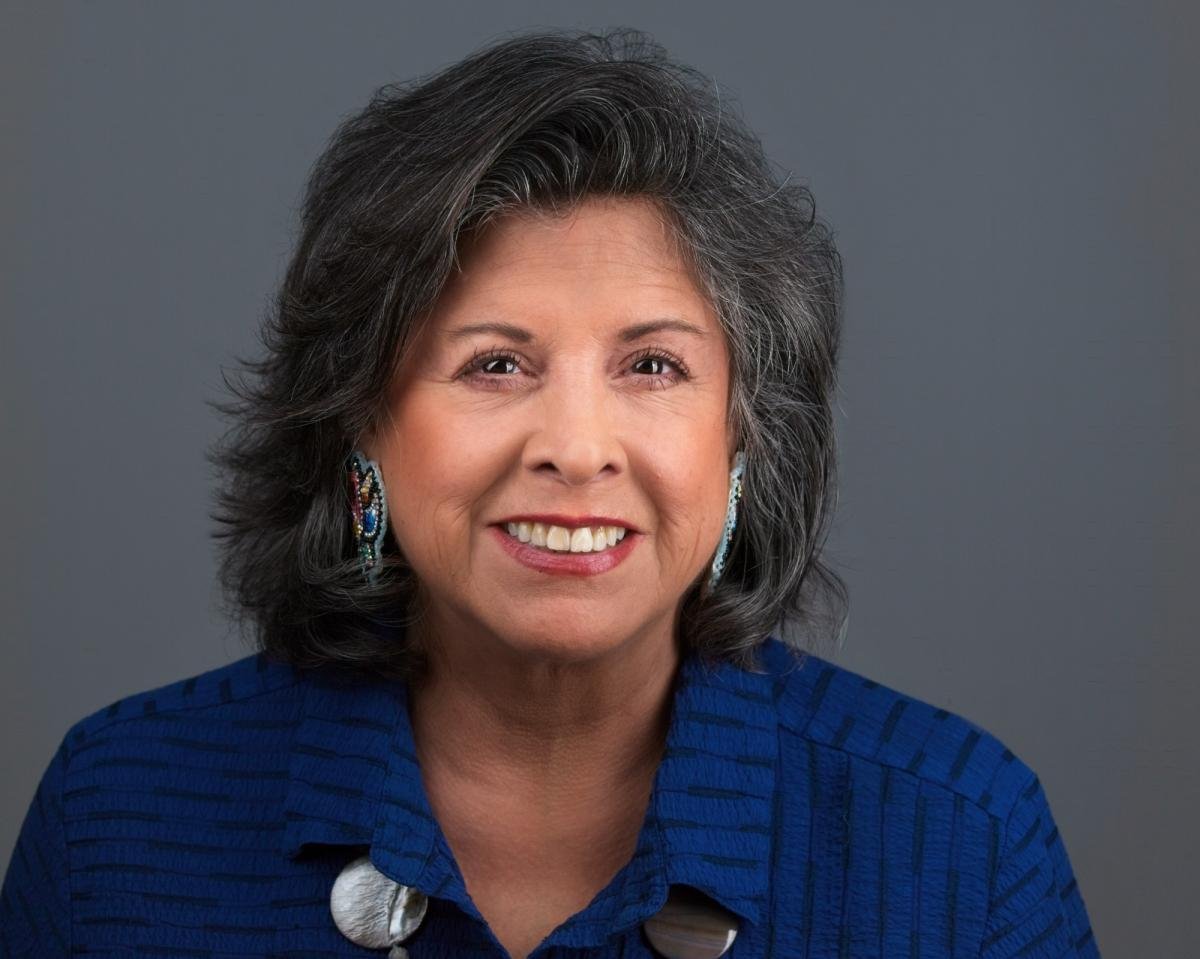Season of Creation Workshop: What’s in a Worldview?
Dr. Cynthia Wesley-Esquimaux shares Indigenous wisdom on humanity’s relationship with the Earth, emphasizing the spiritual and cultural roots of ecological interconnectedness. Drawing on creation stories, prophecies, and the seven sacred teachings, she highlights how worldview shapes understanding, behavior, and justice. Dr. Sylvia Keesmaat offers a theological reflection in response, unpacking how Western Christianity has historically interpreted Genesis through dualistic, hierarchical frameworks—and how a fresh, relational reading of Scripture aligns more closely with Indigenous perspectives.
Their dialogue invites faith communities, especially those shaped by settler Christianity, to reconsider inherited assumptions about creation, dominion, and humanity’s place in the web of life. This resource is especially valuable for churches engaged in environmental advocacy, Indigenous reconciliation, or theological education that values both biblical insight and cultural humility.
Use this workshop to initiate dialogue in your congregation during Creation Season or as part of reconciliation and anti-racism efforts. Organize a viewing and discussion session with small groups or church leadership. Pair the video with Genesis 1–2 readings and local Indigenous guest speakers to deepen contextual learning. Apply the seven sacred teachings as a framework for community values and creation care practices.
Video Link: Watch on YouTube
About Dr. Cynthia Wesley-Esquimaux
Dr. Cynthia Wesley-Esquimaux as appointed as the 1st Indigenous Chair for Truth and Reconciliation in Canada for Lakehead University and she continues to develop pathways forward to reconciliation across Canada. Cynthia is responsible for the development and implementation of the President’s Council for Truth and Reconciliation and the eight modules that have been designed to engage the staff, faculty and administration of the Lakehead community.
Cynthia was the inaugural Nexen Chair for Indigenous Leadership at the Banff Centre for Arts and Creativity and remains a faculty member in the Indigenous Learning program. She is a board member for the Teach for Canada non-profit which addresses the needs of Indigenous schools in Northern Ontario. Cynthia was inducted as a “Honourary Witness” by the Truth and Reconciliation Commission of Canada in 2014, and is the Chair of the Governing Circle for the National Centre for Truth and Reconciliation at the University of Manitoba.
She is a member and resident of the Chippewa of Georgina Island First Nation in Ontario and has dedicated her life to building bridges of understanding between peoples. She sees endless merit in bringing people from diverse cultures, ages, and backgrounds together to engage in practical dialogue and applied research initiatives. She is deeply committed to public education and active youth engagement from all cultures and backgrounds.
Cynthia co-founded a youth project out of the University of Toronto, the University of Saskatchewan and Lakehead University. Information on the Canadian Roots Exchange (CRE) can be found at: www.canadianroots.ca.

